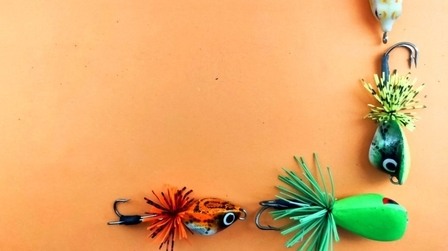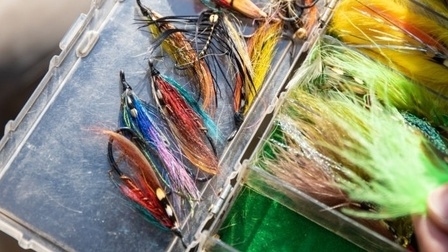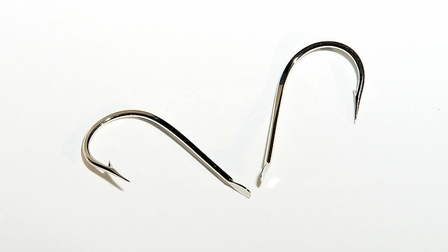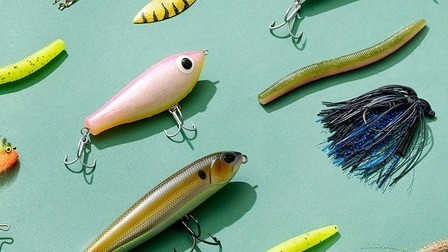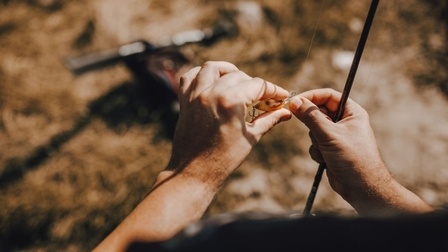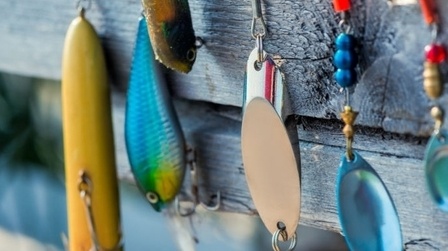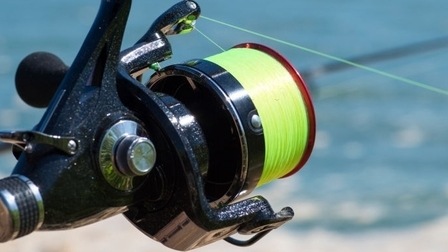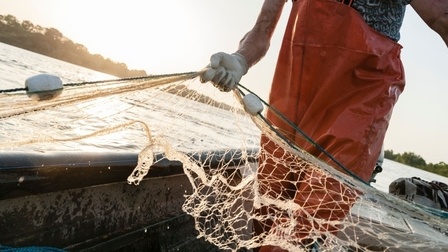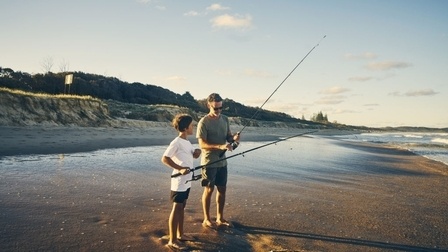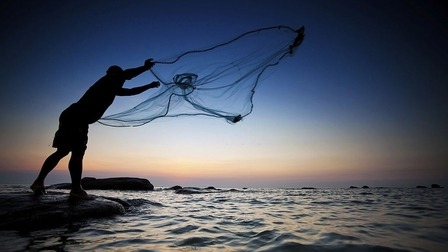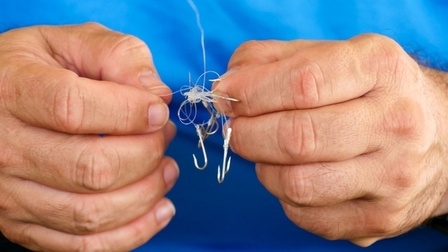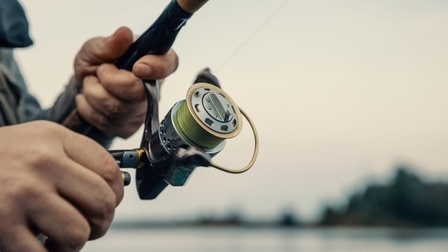A sharp hook is a vital part of capturing fish, but how do you better sharpen fishing hooks? In this article, we will examine the details of sharpening a fishing pole. A decent hook sharpener saves on fishing gear so the rusty hooks are not to be replaced. Moreover, it's a lot easier for you to grab tuna. Learning how to successfully sharpen your hooks is a major game turn for you. Good luck!
1. Fishing Hook File
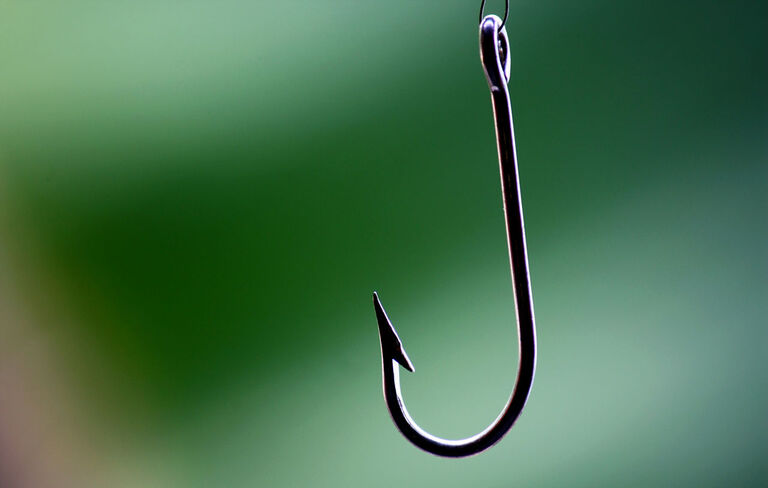
There are plenty of files on the market with fishing hooks. Truly, we have used plenty of them and the strongest have more sharpening stones for a longer stroke. The stone groves are another useful element in a decent hook log. It's easier to sharpen croches by the groves in the paper. Diamond gems are the strongest as they sharpen everything that includes knives. You must also think of your stone as grit count. The lower number of grains for 100-200 is redder and more grinding, but not as sharp as it is. The 800–1000 higher quality grit gives you a good fine edge.
I'll be a bit prejudicial, but Kraken Sharpener is my best utensil. At 600 the diamond stone counts a little more than normal. It also has the groves and the retractable shaft that is bigger than usual. It's costlier than any of the others there, and it gives a finer point to the hooks. More easily manipulated for travel fishing hook sharpener.
2. How To Sharpen Fishing Hooks
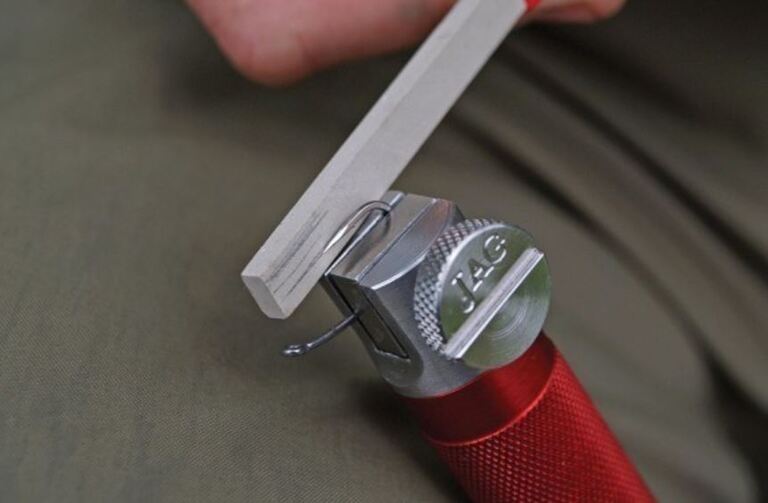
Apply the pressure to pass the hook around the file into (or not away from) the hook point to obtain this needle-shaped hook. The removal from the hook is a micro-shavings accumulating close to the end which can be stopped. Different makers of hooks create various designs of hook points, so aim to sharpen back to the original. Some professionals generally suggest that you rub the point to an approximately triangular tip by pulling the hook at a 45 ° angle to the file and tipping it over. Several of the hook homes on the market are made to quickly replace the triangular tip via grooves or channels.Finally, ensure that the file is within the hook bend to refine the difficult-to-reach top of the hook point.
It is important to remember that modern hooks are also protected from roost. It loses this security layer as you sharpen the hooks. Add some oil to the hook in order to reduce the risk of crochets rusting fast. The better bet is by using a Q-tip to apply the grease, so that your fingertips don't pierce the hook.
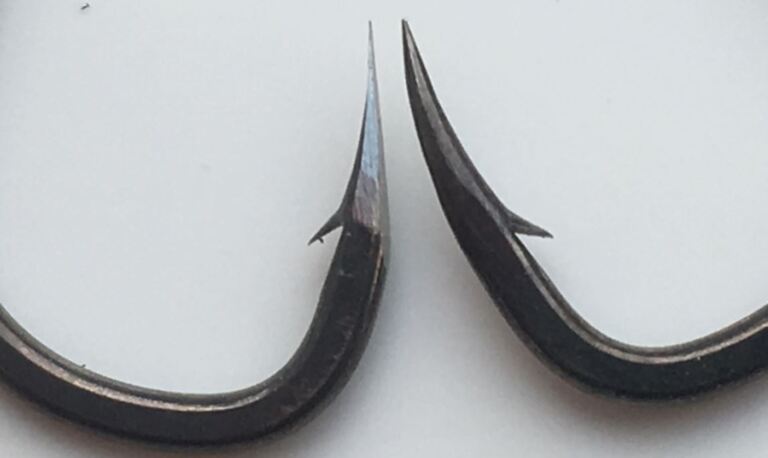
Most fishermen don't know how far their hooks will get stupid. Modern hooks have to remain sharply longer, but they can become sluggish after just a few applications, especially when a large amount of fish have been hooked or rock or other items have been passed through. Checking and keeping your hooks fresh will allow you to catch more fish during the season.
Experts such as Eastman propose to store only enough material to sharpen the hook, which makes the dot too thin and susceptible to bending or splitting. Continuous scraping can earn quick exact strokes. You can measure the sharpness of your hook by moving it with a little tension over your image. You're going there as it scraps a groove. If your sleek fingert catches the hook spot, you will be ready to fish.
3. Sharp Hook Recognition
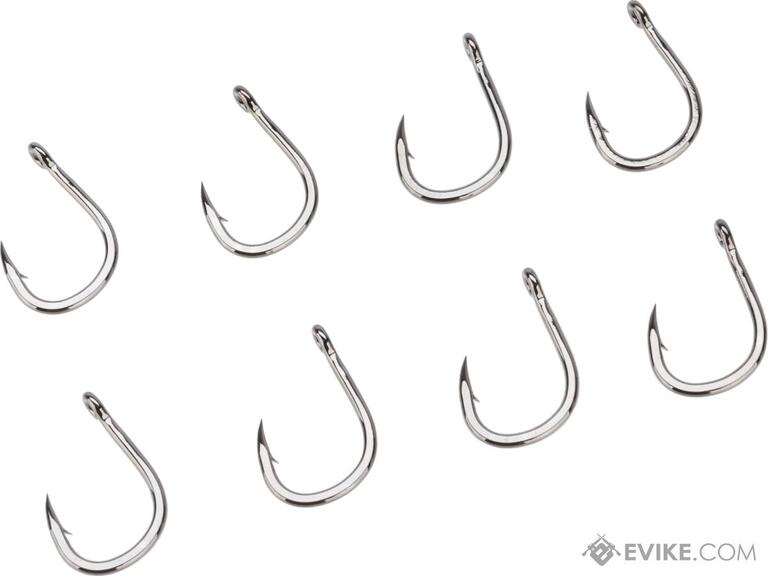
An easy test is available to determine whether your fishing crochet needs to sharpen. Put the hook on your finger's rim gently and check for it. A strong sharp hook point is regarded as tacky or adhesive. You'll be able to go if it begins to cling to the tiny ridges of your fingerprints. You ought to sharpen the hook if it slips across your skin without taking something. This small test is simple, and the better you do it, the sharper or not your hooks. Pro tip – several hooks just outside the box need to be sharpened. In shipping and transport they also get broken.
Another consideration is how many bites translate into fish captures. You likely have some rusty Hooks on your hands which have to be sharpened if you skipped a bunch of fish earlier in the day you couldn't. In particular, as you bang or snack your appetites around the cover. Hooks begin to get bumpy every now and then, and you have to keep them clean. For a lure to hit a fish mouth with a trimmer hook takes even less time.
4. Hook & File Replacement Instructions
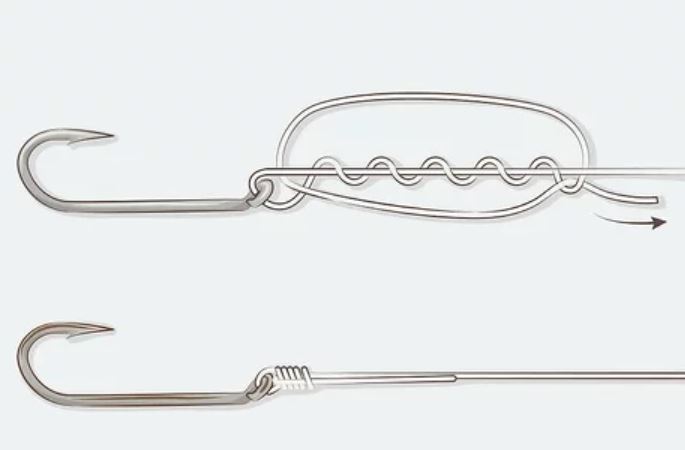
You need to know how to do it when you have a fishing hook register. In order to prevent burrs from getting them extra sharp, it is necessary to position your hooks correctly on the file. The easiest thing to recall is always to file the sharp edge out your hook. That is, it is just the stage that goes forward, not backwards. When you insert the hook with the reversing edge, it creates burrs and does not sharpen the hook.
Make sure that your hook and file are firmly grasped. Then it's easy to not make hard moves in the file to make them sharp. You only need between five to seven strokes on either side to even get sharp, based upon how dull your hook is. Try to concentrate on three sides of the hook for absolute sharpness. The bottom of the screw of the dot and each foot. See the picture below to see how it works.
Conclusion
My hook sharpening was a complete changing of the game for me. I hate that the triple crochets on my coats must be replaced. I was also very surprised how bad certain hooks are out of the box directly. It is very important to help you get more fish. I hope you get the chance to be a good fisherman by using a method for sharpening the fish hook.
Finally, the links in this article are affiliate links, in which you can collect some sharper hooks from the fishing gear listed in this post to "Krak." Via these ties, Kraken Boss earns a limited share of revenue. I only use ties to appetizers, and equipment, I believe and understand my job personally. These ties will benefit you, and not for the limited quantity I make for selling the goods. I hope you're going to help you like they did to me.

